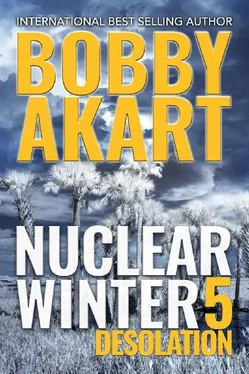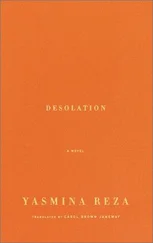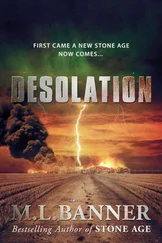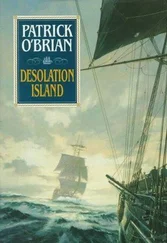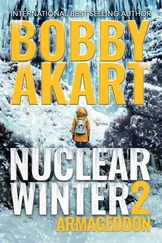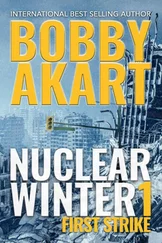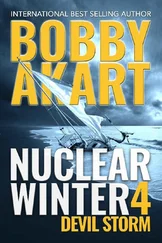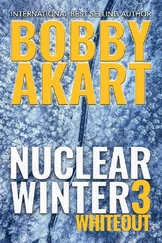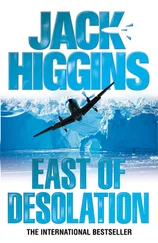As to the question of what the world should be doing about it, all nations agree nonproliferation is a start. However, there are still more than sufficient nuclear weapons capable of being launched to bring the world to the brink of Armageddon.
Today, nuclear winter is not a hot topic among the world’s leaders. When the Cold War ended, so did attention to the catastrophic threat of nuclear winter. That started to change in 2007 with a new line of nuclear winter research that used advanced climate models developed for the study of global warming.
Relative to the 1980s research, the new research found that the smoke from nuclear firestorms would travel higher into the atmosphere, causing nuclear winter to last longer than previously thought. This research also found dangerous effects from smaller nuclear exchanges, such as an India-Pakistan nuclear war detonating only one hundred total nuclear warheads.
Some new research has also examined the human impacts of nuclear winter. Researchers simulated agricultural crop growth in the aftermath of a hundred-weapon India-Pakistan nuclear war. The results were startling. The scenario could cause agriculture productivity to decline by twenty to sixty percent for several years after the exchange.
The studies looked at major staple crops in China and the United States, two of the largest food producers. Other countries and other crops would likely face similar declines. Following such crop declines, severe global famine could ensue. One study estimated the total extent of the famine by comparing crop declines to global malnourishment data. When food becomes scarce, the poor and malnourished are typically hit the hardest. This study estimated two billion people would be at risk of starvation. And this is from the hundred-weapon India-Pakistan nuclear war scenario. A larger nuclear exchange involving the U.S., China, or Russia would have more severe impacts because the payloads are much larger.
This is where the recent research stops. To the best of my knowledge, there have been no current studies examining the secondary effects of famines, such as disease outbreaks and violent conflicts due to societal collapse.
There is also a need to examine the human impacts of ultraviolet radiation. That would include an increased medical burden due to skin cancer and other diseases. It would also include further losses to the agriculture ecosystems because the ultraviolet radiation harms plants and animals. At this time, we can only make educated guesses about what these impacts would be, informed in part by research surrounding enormous volcanic eruptions.
A note on the impact on humanity, we can look to society’s reaction to recent political events. Imagine what U.S. cities would look like if the triggering event for protests and riots was based on lack of food. The social unrest would quickly spread into suburban areas, as the have-nots would search for sustenance from those who might have it.
When analyzing the risk of nuclear winter, one question is of paramount importance: Would there be long term or even permanent harm to human civilization? Research shows nuclear winter would last ten years or more. Would the world ever be able to come back from the devastating loss of billions of lives?
Carl Sagan was one of the first people to recognize this point in a commentary he wrote on nuclear winter for Foreign Affairs magazine. Sagan believed nuclear winter could cause human extinction, in which case all members of future generations would be lost. He argued that this made nuclear winter vastly more important than the direct effects of nuclear war, which could, in his words, kill only hundreds of millions of people .
Sagan was, however, right that human extinction would cause permanent harm to human civilization. It is debatable whether nuclear winter could cause human extinction. Rutgers professor Alan Robock, a respected nuclear winter researcher, believes it is unlikely. He commented, “Especially in Australia and New Zealand, humans would have a better chance to survive.”
Why Australia and New Zealand? A nuclear war would presumably occur mainly or entirely in the northern hemisphere. The southern hemisphere would still experience environmental disruption, but it would not be as severe. Australia and New Zealand further benefit from being surrounded by water, which further softens the effect.
This is hardly a cheerful thought, as it leaves open the chance of human extinction, at least for those of us north of the equator. Given all the uncertainty and the limited available research, it is impossible to rule out the possibility of human extinction. In any event, the possibility should not be dismissed.
Even if people survive, there could still be permanent harm to humanity. Small patches of survivors would be extremely vulnerable to subsequent disasters. They certainly could not keep up the massively complex civilization we enjoy today. In addition to the medical impact, the destruction of the power grid, the heartbeat of most nations, would likely occur due to the electromagnetic pulse generated by the nuclear detonations. It would take many years to rebuild the critical infrastructure ruined by the blasts.
It would be a long and uncertain rebuilding process, and survivors might never get civilization back to where it is now. More importantly, they might never get civilization to where we now stand poised to take it in the future. Our potentially bright future could be forever dimmed, permanently.
Nuclear winter is a very large and serious risk. In some ways, it doesn’t change nuclear weapons policy all that much. Everyone already knew that nuclear war would be highly catastrophic. The prospect of a prolonged nuclear winter means that nuclear war is even more catastrophic. That only reinforces policies that have long been in place, from deterrence to disarmament. Indeed, military officials have sometimes reacted to nuclear winter by saying that it just makes their nuclear deterrence policies that much more effective. Disarmament advocates similarly cite nuclear winter as justifying their policy goals. But the basic structure of the policy debate is unchanged.
In other ways, nuclear winter changes nuclear weapons policy quite dramatically. Because of nuclear winter, noncombatant states may be severely harmed by nuclear war. Nuclear winter gives every country great incentive to reduce tensions and de-escalate conflicts between nuclear-capable states.
Nation-states that are stockpiling nuclear weapons should also take notice. Indeed, the biggest policy implication of nuclear winter could be that it puts the interests of nuclear-capable nations in greater alignment. Because of nuclear winter, a nuclear war between any two major nuclear weapon states could severely harm each of the others. According to intelligence sources, there are nine total nuclear-armed states with Iran prepared to breakthrough as the tenth. This multiplies the risk of being harmed by nuclear attacks while only marginally increasing the benefits of nuclear deterrence. By shifting the balance of harms versus benefits, nuclear winter can promote nuclear disarmament.
Additional policy implications come from the risk of permanent harm to human civilization. If society takes this risk seriously, then it should go to great lengths to reduce the risk. It could stockpile food to avoid nuclear famine or develop new agricultural paradigms that can function during nuclear winter.
And it could certainly ratchet up its efforts to improve relations between nuclear weapon states. These are things that we can do right now even while we await more detailed research on nuclear winter risk.
Against that backdrop, I hope you’ll be entertained and informed by this fictional account of the world thrust into nuclear winter. God help us if it ever comes to pass.
Читать дальше
